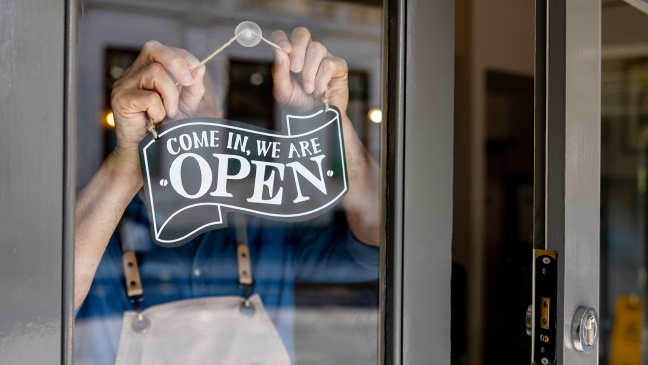We recently held a festival of open research at the University of Southampton. This might seem more of an academic affair, but when it comes to the quality of research, understanding openness and transparency can help teachers a lot.
The keynote was given by Dr Sholto David, who has recently made a name for himself by checking the inappropriate duplication of images in scientific journals. He explained that images are relatively easy to check, as many scientific articles, especially medical ones, have images that can be checked visually, and now also with artificial intelligence.
It is much harder to check empirical findings in other formats, such as tables and graphs. As a result, it can be quite difficult to evaluate the conclusions of journal articles, especially if, as in education, there are time constraints. Nevertheless, it can be worthwhile to go through journal articles in detail rather than just scanning the summary.
If more researchers worked in an open way, it would considerably reduce the amount of time it takes to check an article. I want to illustrate this through two recent examples of research where I tried to make sense of results.
Education research: exploring findings
The first study was by Zhang and Sweller (2024). This article looks at differences between the effectiveness of first teaching explicitly and then in an exploratory way, and vice versa. The abstract was not that surprising: it posited that explicit instruction first is more effective for novices and the other way round for experts.
However, upon scanning one of the tables in the article, it seemed that exploration first actually worked better for low-expertise students. That would be surprising, of course. Unfortunately, the data was not available. I tried to deduce the data from the scatter plots and tables, but this obviously is a lot of work with uncertainty. I have asked the authors for the data.
I am not saying the study necessarily has issues (although I do have questions), but it’s hard to check the findings, and checking brings up just as many questions as the article answers.
My other example is a study by Boaler et al (2024) about a data science course. One of the main findings is that data science students scored higher on the assessment of data and functions than algebra students. I wanted to check that. Luckily the data and code for statistical analyses were published alongside the article on the Open Science Framework.
The openness allowed me to check the data, run the same analyses as in the paper, and even check whether one particular decision to remove the most extreme data points had influenced the findings. In fact, removing them made the conclusions more moderate. I’m not saying I agree with all of the choices, but I could check them because of open research.
Obviously, checking scientific work like this takes time, so it isn’t always easy to do. But it can be a useful process for everyone, for a couple of reasons.
First, it’s fun to be a sleuth like that. Second, you are checking science. Finally, you just learn a lot in the process of doing so. The only thing you need to accept is that you might just end up with more questions than answers.
Overall, then, open research is a good thing. Increased transparency allows science to hopefully become more self-correcting, as it should be. Teachers can benefit from this as well, as they can directly engage with open-access articles and the underpinning results.
Christian Bokhove is associate professor in mathematics education at the University of Southampton and a specialist in research methodologies
For the latest research, pedagogy and practical classroom advice delivered directly to your inbox every week, sign up to our Teaching Essentials newsletter






